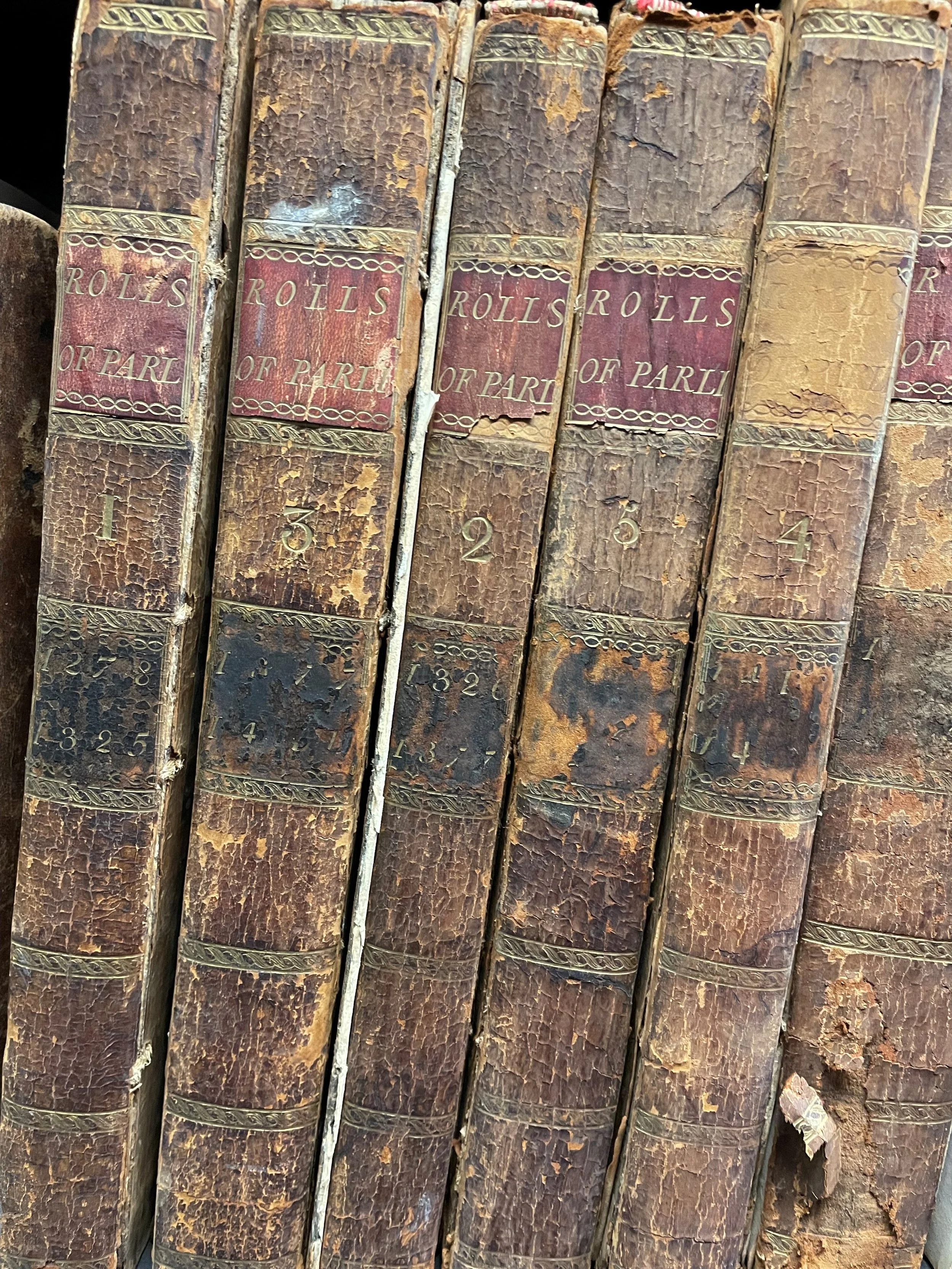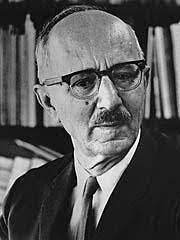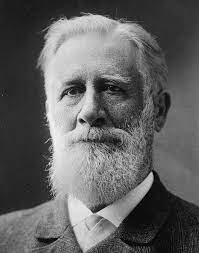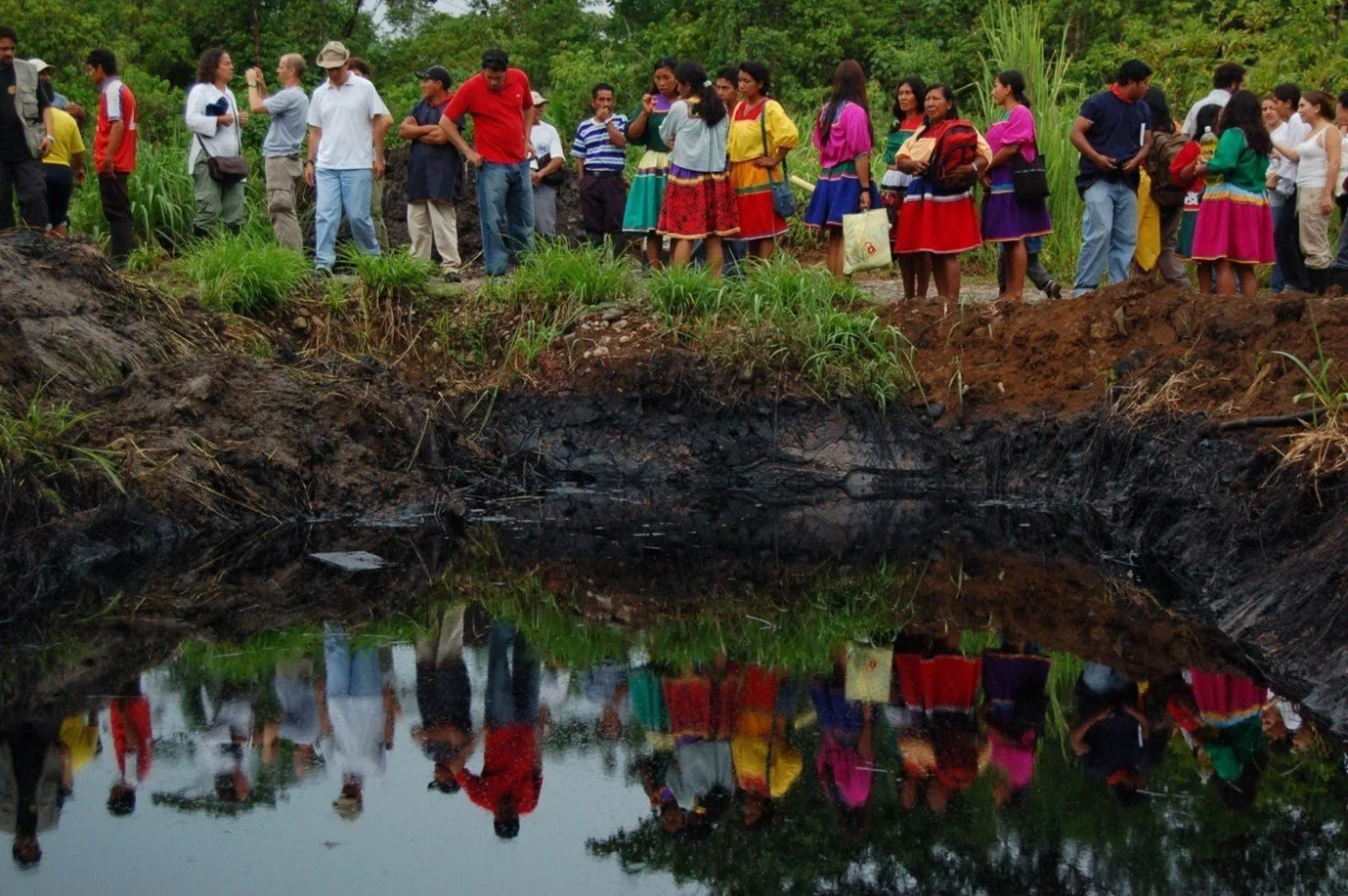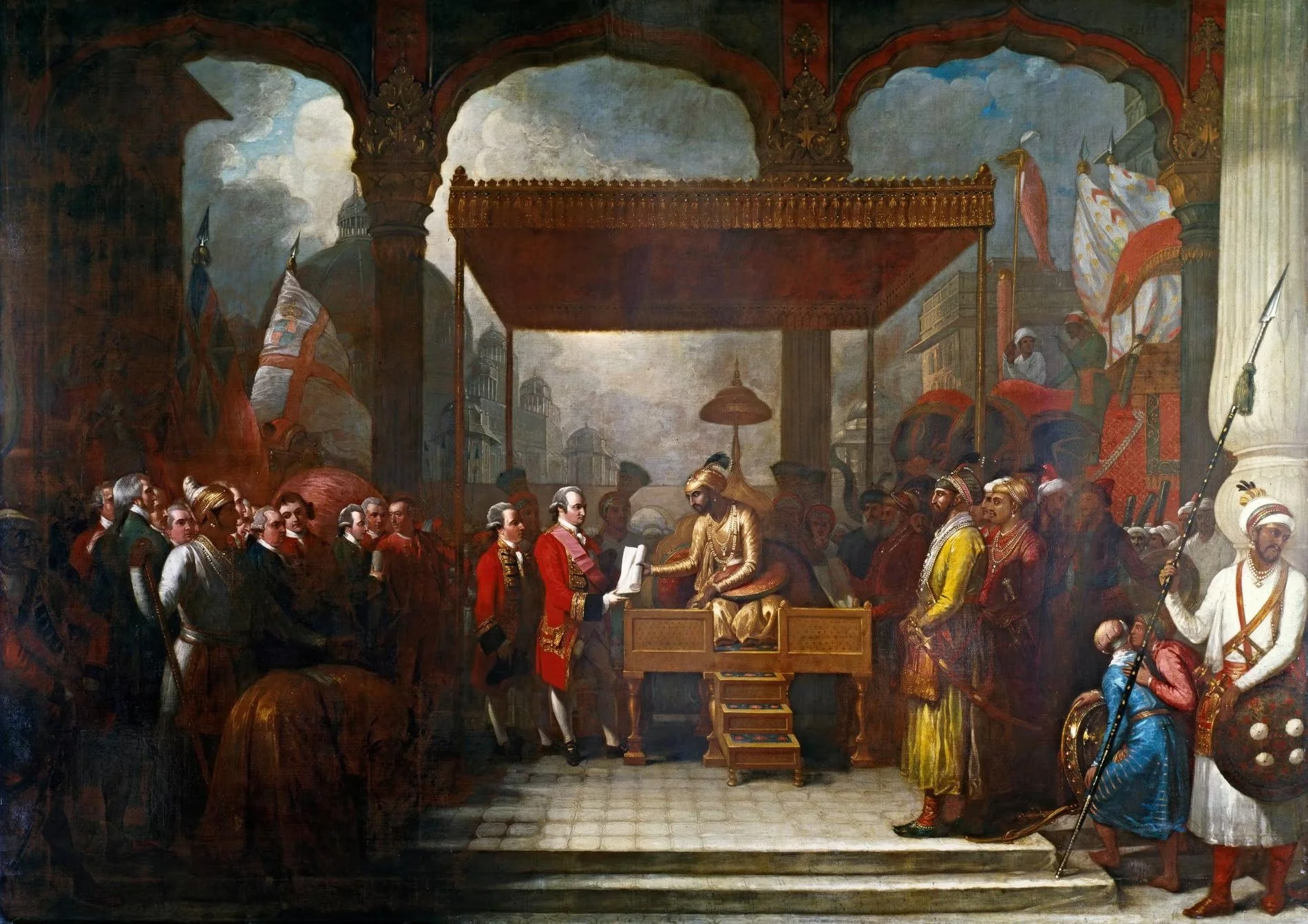Corporations and the Making of International Law
This monograph project, conducted by Professor Sundhya Pahuja, will trace the place of the corporation in the making of international law, from the early modern period to the present day.
The research is also intended to form the basis of a documentary film on the history of the relationship between companies and states.
Photo Credit: Sundhya Pahuja, Taken at the Maitland Room, Squire Law Library, University of Cambridge.
Rethinking the Corporate Form Across the National and International Divide
Since it first started to become available in the 19th Century, a particular approach to legally structuring business has gradually come to dominate every scale of business activity, from small one-person businesses to large global ones. This legal structure is a particular category of corporation: one that is formed through an administrative process of registration; issues shares to investors; allocates voting power based on voting shares held; and limits investors’ liability for the corporation’s debts to the cost of their shares.
But while the global dominance of corporations that fit this category indicates a level of convergence in the legal structuring of business, there is still considerable diversity around how the corporation is and should be understood.
Unsurprisingly, many of its legal characteristics are subject to both scholarly and public debate. Limited liability, for example, has been both praised as a key generator of technological innovation and global economic growth, and condemned as giving a green light to social and environmental harm. The question of whether directors are legally required to manage corporations in the sole interest of shareholders is approached differently in different countries, as is the question of how much influence shareholders should have over management decision-making. There is also considerable variation in terms of who has power to take legal action against directors who breach their duties to a corporation. These and other variations within the dominant model are frequently debated.
However, these current debates regarding the characteristics of the corporate form typically take place in the expert register of corporate law. They are usually normative, and often a-historical, seldom engaging with the deeper roots of both disagreements around and understandings of the corporation. In our argument, disagreements over the corporation’s legal characteristics are not just ideological but reflect a long history of more profound contestation between different theoretical traditions around the corporate form.
Symptomatic of this is the way that when corporations appear in public law and non-legal contexts, such as international law or business studies, there is seldom an interrogation of the corporate form itself. Instead, the corporation is taken for granted as a self-evident entity, and little attention is paid to the way the corporation is being understood in any given context, and what difference it makes to pay attention to the different traditions of thinking about the corporation.
Our project will address these phenomena.
The premise of the project is that business corporations are significant actors on the global stage, as well as within different jurisdictional contexts. They are constant figures in all domains of legal activity, and in social, economic and political life. In all these domains, their existence is taken for granted. And yet far from being a clearly defined entity, they are legally ambiguous. Our intuition is that how they are understood radically changes what they can do, what they seek to achieve, and what they are held to be responsible for.
Our objective is to trace the different ways of understanding the corporation, explore and explain where those rival understandings came from, and show what’s at stake for the role, rights and responsibilities of the Business Corporation in following one tradition of thinking about the corporation and corporate form, rather than another.
We will produce a Reader which will provide an account of the most prominent conceptions of the corporation, and the social, economic, political and philosophical contexts in which they respectively emerged. We are interested in how they relate to, sprang from, and in turn, developed different theoretical and jurisprudential traditions, and how they have travelled through time and across jurisdictions. Our intuition is that whenever the corporation is taken for granted, it is underpinned by a particular, but implicit understanding of the corporation, and that much is at stake in the way the corporation is understood in any given context.
The book will offer key essays on each of the main theoretical approaches as well as a curatorial essay which offers a jurisprudential account of what it might mean to approach corporations from the perspective of rival traditions.
The book will also be a reader, selecting and presenting extracts from texts in which the corporation figures to explore and explain the implicit and explicit accounts of the corporation those texts carry, as well as to tease out what might be at stake. The texts will range from company law cases to international agreements to historical documents to cultural texts. The purpose is to offer a range of theoretical and conceptual tools to those who encounter the corporation in their respective legal and non-legal domains, to be able to choose a repertoire and register for understanding the corporation appropriate to their needs.
From Colonial Administration to Management Education
This project, conducted by Dr Adil Hasan Khan, traces the received juridical forms and repertoires of training that underpin contemporary practices of a corporatized and ethno-nationalist state administration in several parts of the world. In doing so it hopes to challenge our received understandings of the relations between the state and the corporation.
The Birth & Re-Birth of the Multinational Corporation: IBM and Dreams of Third World Modernities
This research project, conducted by Dr. Andre Dao, is concerned with the parallel expansion of computing technology and ‘multinational’ corporations through the Global South. Taking International Business Machines (IBM) as a central case study, the project critically interrogates the idea that the travel southwards of such such corporations was facilitated by, and carried forward, ‘modernisation’. The project does so through an examination of competing and complementary imaginaries of modernity: on the one hand, that carried by IBM as it set up operations in Chile, Indonesia and India, and on the other hand, the Third World dreams of modernity that IBM encountered as it travelled. In doing so, the project aims to understand how the encounter between these imaginaries shaped the production, movement and evolution of a legal form: the high-technology multinational corporation.
IBM Jakarta office, 1964
Virtual Academy in Research Methods in International Law
Lorem Ipsum is simply dummy text of the printing and typesetting industry. Lorem Ipsum has been the industry's standard dummy text ever since the 1500s, when an unknown printer took a galley of type and scrambled it to make a type specimen book. It has survived not only five centuries, but also the leap into electronic typesetting, remaining essentially unchanged.
Lorem Ipsum is simply dummy text of the printing and typesetting industry. Lorem Ipsum has been the industry's standard dummy text ever since the 1500s, when an unknown printer took a galley of type and scrambled it to make a type specimen book. It has survived not only five centuries, but also the leap into electronic typesetting, remaining essentially unchanged.
Trademark registration by The American Cotton Oil Company for brand Miners’ Oil (23 June 1891) Courtesy, Library of Congress
The Academic Skills Circle
The Academic Skills Circle (TASC) is a collaboration between Sundhya Pahuja at the LPGCIL, the Institute for International Law and the Humanities (IILAH) at Melbourne Law School, the UNSW Critique Network of Professor Ben Golder, and La Trobe International and Comparative Law Cluster co-led by Dr Kathleen Birrell.
Modelled on a knitting circle, the skills circle brings academics of different levels of experience together to share ideas and techniques, and to experience the camaraderie of a shared activity.
Upcoming TASC events will be listed in the Events section.
Podcasts of past sessions
2. ‘Archival research in the South’ with Manav Kapur
1. ‘Applying for grants for law and humanities research ‘ with Tim Peters
4. ‘Non traditional research outputs’ with James Parker
3. ‘Working with other fields and across disciplines’ with Connal Parsley
6. ‘Editing your own work’ with Rebecca Croser
5. ‘The Art of the Conference Presentation’ with Danish Sheikh
8. ‘Peer Review’ with Ntina Tzouvala
7. ‘Balancing Breadth and Depth’ with Margaret Davies
10. ‘Doing Fieldwork’ with Debolina Dutta and Amanda Gilbertson (Festival of Conversations)
9. ‘Editing a Collection’ with Shane Chalmers
12. ‘Academic Blogging’ with Illan Wall
11. ‘Academic Podcasting’ with Stewart Motha
14. ‘Writing Book Proposals’ with Michelle Lipinski (Part I)
13. ‘Writing Book Proposals’ with Tom Randall and Cait Storr (Part II)
Corporate Authority over Public Matters:
US-American Oil Companies and transnational legal ordering in Ecuador
This PhD Project by Michael Bader explores the ways in which global corporations could be said to assert public authority and co-create relations of law in their expansion toward the Third World. The story begins amidst the globalisation of the US-American oil industry after the First World War and narrows in on the trajectory of one global corporation, the US-American oil giant Texaco and its travel to Ecuador in the 1960s. By carefully investigating Texaco’s arrival and subsequent conduct in Ecuador, the thesis analyses the extent and mode of corporate authority over land and life in the Oriente Basin and beyond.
Of the Company, by the Company, for the Company: a legislative history of corporate laws in India
This PhD project by Tanvee Nandan seeks to understand the legislative history of corporate laws in India from their early inception to their current iteration. In drawing this legislative history, the research focuses on India’s early engagement with corporations by way of its colonisation by the English East India Company after its arrival in 1600 to ‘Indian’ shores. By ‘denaturalising’ and carefully (re)describing corporations, corporate laws, and the state’s role in shaping commercial relations, her thesis is exploring the meeting of the ways of doing business and corporate forms in India as told through the legislative history of corporate laws in India.

